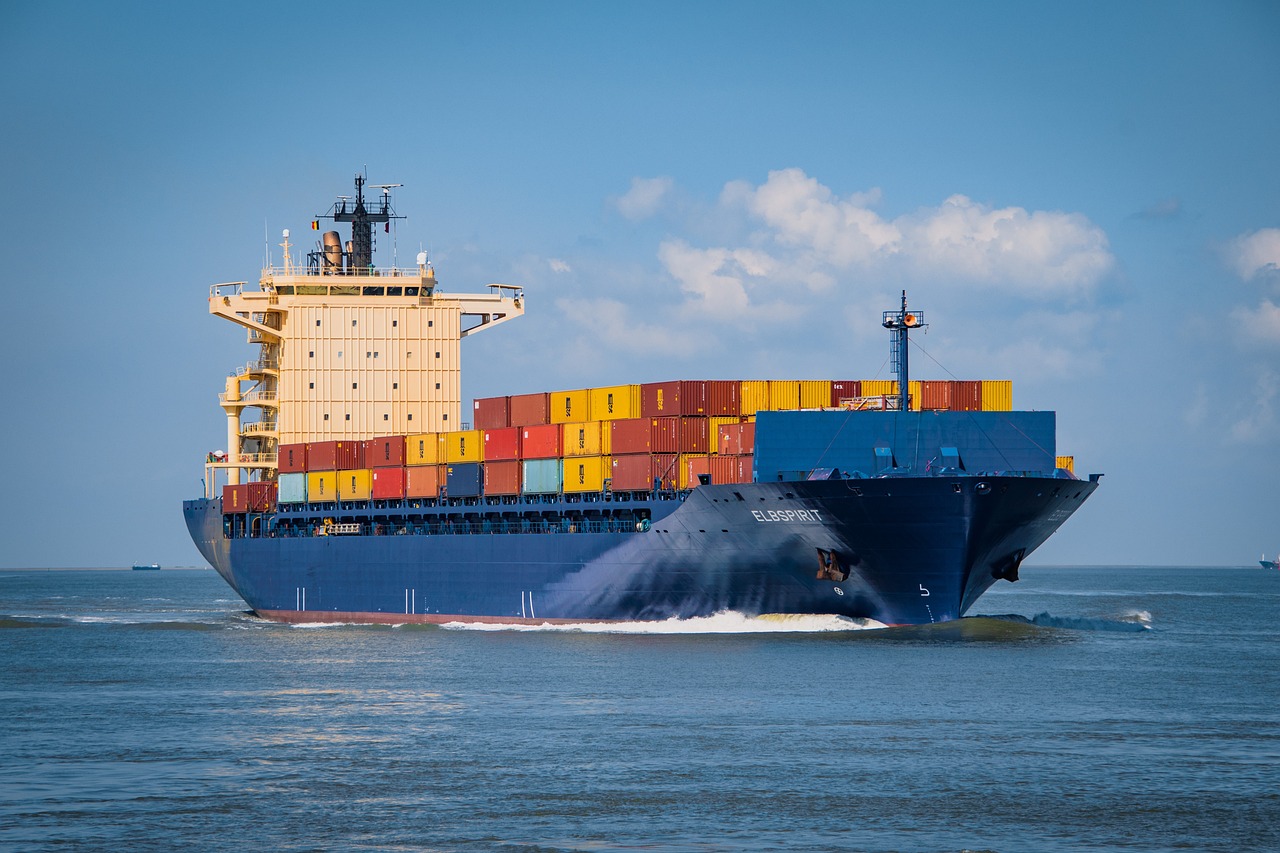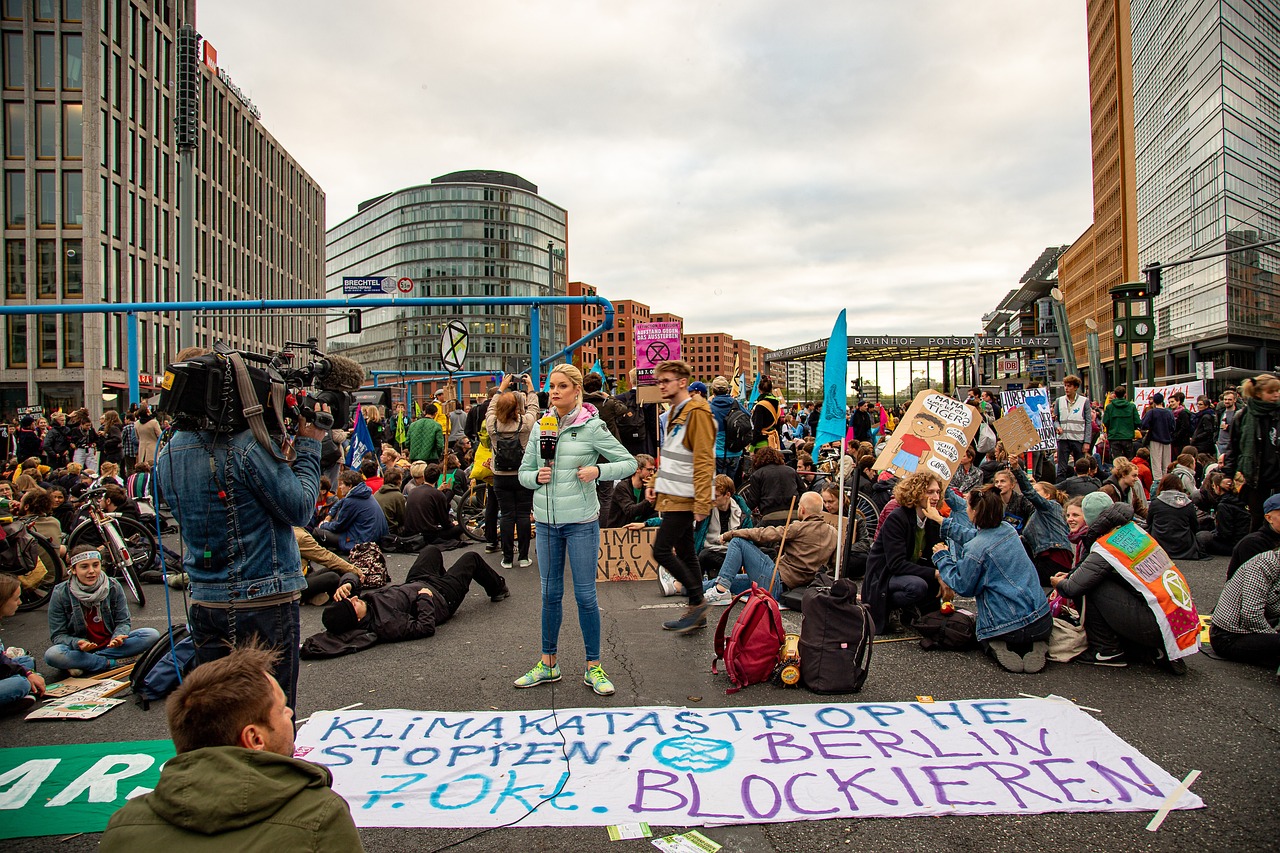
Transport strike brought forward in Rome, who offers solutions
A new public transport strike is looming on the horizon, and this time the ones who will suffer the consequences will be mainly commuters, passengers and tourists in the Italian capital.

Rome citizens and tourists experienced inconveniences on Monday, October 28, due to the local public transport strike, called by Usb lavoro privato and Orsa. In the city, all the subway lines, namely A, B/B1, C and Termini-Centocelle, remained closed. In addition, there were reductions in bus runs. The service was guaranteed thanks to the protected time slots from 5:30 to 8:29 and from 17:00 to 19:59.
The regional secretariats of Usb lavoro privato and Orsa proclaimed a 24-hour stoppage regarding Atac, which affected buses, trolleybuses, subways and trams in the capital. During the strike, the only active service was that foreseen for the time slots established by law.
The two unions declared that “it is time to say enough to unsustainable workloads” and called for greater safety for staff, adequate wage policies and measures to ensure workers' health through better maintenance of public transport and operational facilities. However, this strike is only a preview of what will happen on November 8th. On that date, Filt Cgil, Fit Cisl, Uiltrasporti, Faisa Cisal and Ugl Fna have called a 24-hour national strike in local public transport without guaranteed bands. The aim is to request the renewal of the contract that expired ten months ago.
The same unions will hold a press conference on October 29 to explain the reasons behind the mobilization of November 8 and to express concerns about the current financial maneuver. Eugenio Stanziale of Filt Cgil highlighted the lack of increases in the national fund for local public transport within the measures provided for by the budget. According to him, not adequately financing this fund during a critical phase such as the contract renewal demonstrates a desire on the part of the government not to guarantee citizens an effective service.
Even industry associations such as Agens, Anav and Asstra believe that the funds provided in the budget are insufficient compared to the real needs of local public transport. They underline that the allocation of the National Transport Fund has suffered a real decline in recent years due to high inflation. Therefore, they ask for a significant increase in the funds allocated to local public transport during the parliamentary approval of the budget.

A new public transport strike is looming on the horizon, and this time the ones who will suffer the consequences will be mainly commuters, passengers and tourists in the Italian capital.

Trump’s Tariff Plans: A Day-One Agenda Against Drug and Human Trafficking In a bold move to combat drug and human smuggling, President-elect Donald Trump has announced plans to impose significant tariffs on Mexico, Canada, and China immediately after his inauguration on January 20.